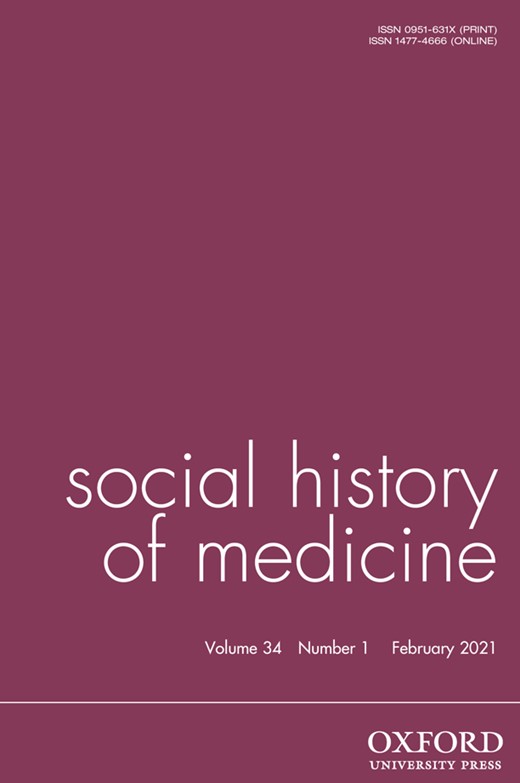-
Views
-
Cite
Cite
Ursula Mary Mulcahy, How Did Eighteenth-century Scottish Surgeons Earn a Living?, Social History of Medicine, Volume 34, Issue 1, February 2021, Pages 305–325, https://doi.org/10.1093/shm/hkz077
Close - Share Icon Share
Summary
This article investigates how most surgeons and surgeon-apothecaries in eighteenth-century Scotland earned a living. I argue that the evidence suggests that their main source of income was selling drugs and treating infectious diseases. Approximately, two-thirds of them practised without a licence. This situation came about because apprentices were not trained to do high-risk surgery, and the article discusses the problems Scottish surgeons faced in obtaining such training. These circumstances were not unique to Scotland. Where records exist, they indicate that very few eighteenth-century surgeons performed high-risk procedures such as amputation and lithotomy.




